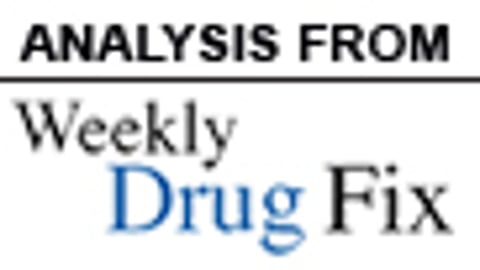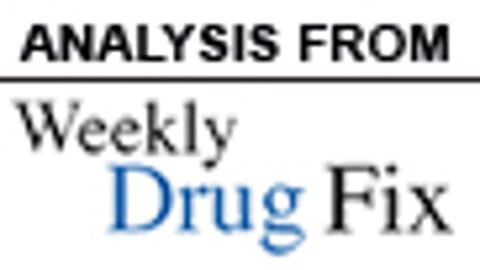-
Asthma rates rise, but at a slow pace, CDC finds
ATLANTA — Nationwide rates of asthma have been on the rise in recent years, though they’ve risen at a slow pace, according to a new report by the Centers for Disease Control and Prevention.
According to the report, released Wednesday, around 24.6 million people in the United States had asthma in 2009, meaning a prevalence of 8.2%. Rates have risen by around 1.2% per year since 2001, with asthma attack prevalence staying between 3.9% and 4.3% between 1997 and 2009.
-
Incentives boost compliance rates, study finds
NORWALK, Conn. — Looking to boost medication compliance rates for patients? Cash incentives and interactive games might be a key.
That’s the finding from HealthPrize Technologies, a Web-based software company that conducted a feasibility study gauging how incentives and games can assist in increasing medication compliance. The company found that average compliance rates for patients given those incentives was 88%.


